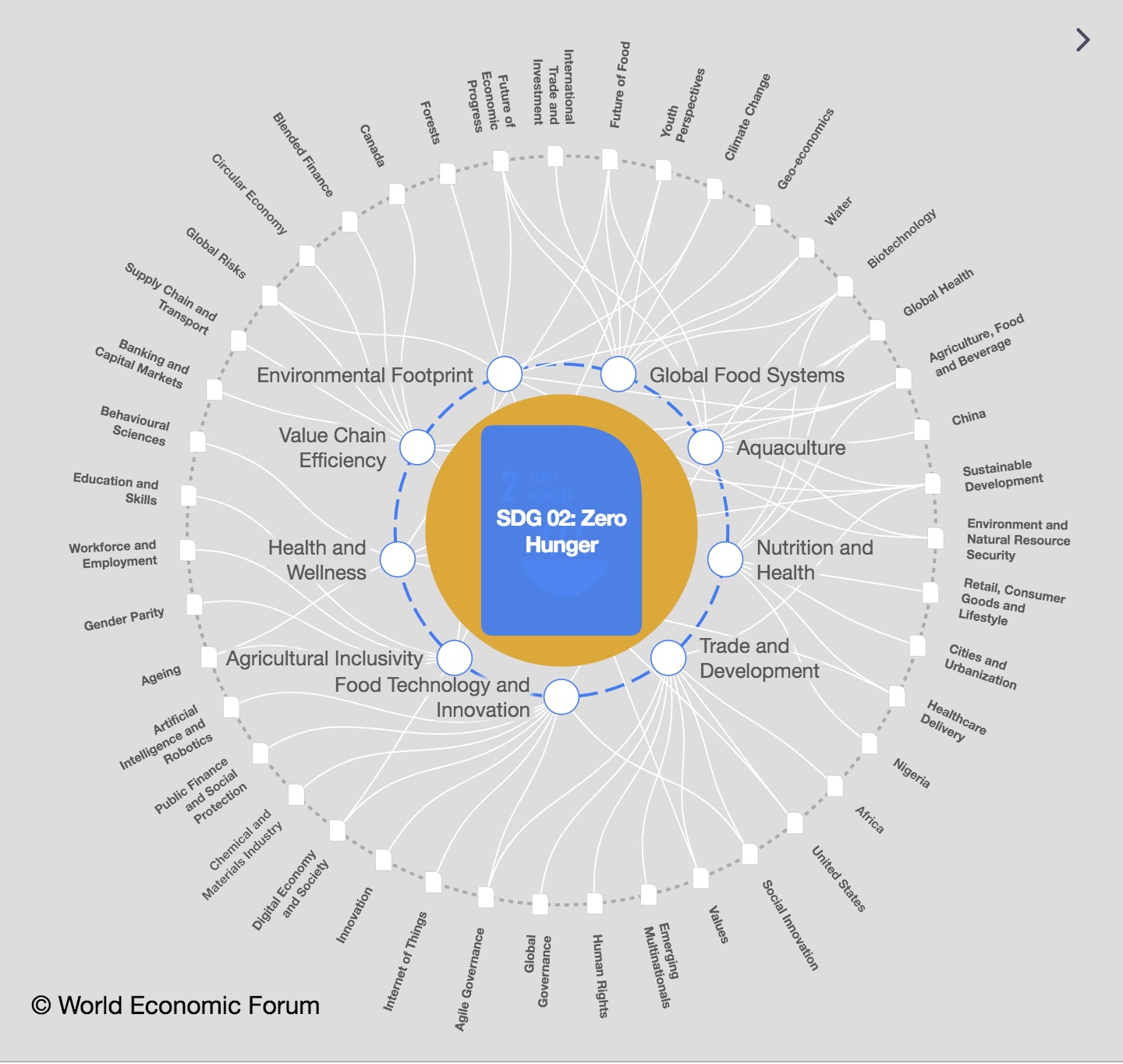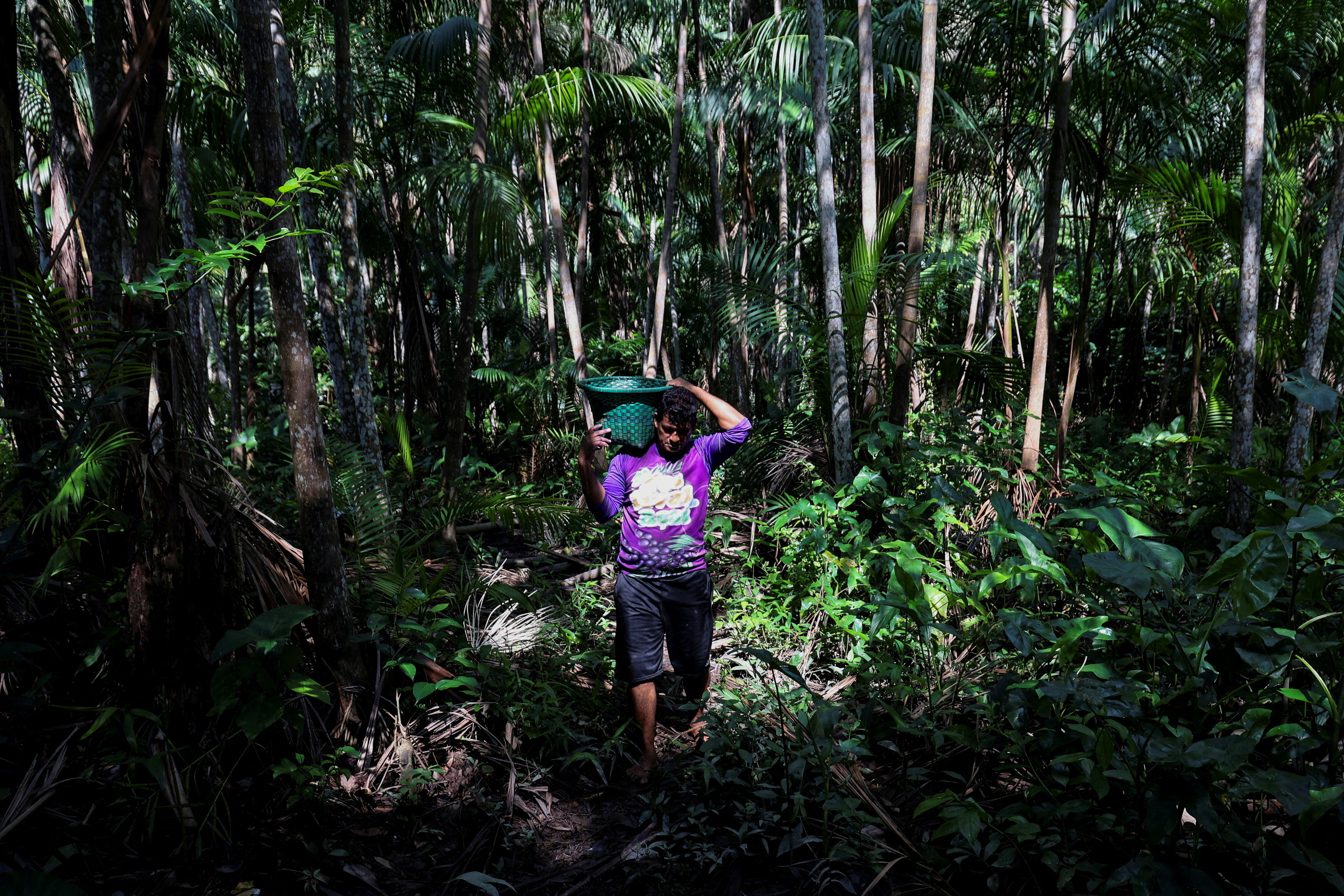Nations must ‘act together, urgently and with solidarity’ to end the food insecurity crisis - UN

More than half a million people experience famine conditions - an increase of 500% since 2016. Image: Unsplash/Ismael Paramo
- The number of severely food insecure people has doubled in two years – from 135 million pre-pandemic to 276 million, according to UN Secretary-General António Guterres.
- Climate change, COVID-19 and inequality - all drivers of global hunger - are being amplified and accelerated by the war in Ukraine.
- The UN Secretary-General outlines five urgent steps nations should take to solve the food insecurity crisis.
During a ministerial meeting on global hunger taking pace at UN Headquarters in New York, Secretary-General António Guterres said the number of severely food insecure people had doubled in just two years – from 135 million pre-pandemic to 276 million today, with more than half a million experiencing famine conditions – an increase of more than 500 per cent since 2016.
“These frightening figures are inextricably linked with conflict, as both cause, and effect,” he said. “If we do not feed people, we feed conflict”.
Hunger triggers
The climate emergency is another driver of global hunger he added, pointing out that 1.7 billion people have been affected by extreme weather and climate-related disasters over the past decade.
Moreover, the COVID-induced economic shock has compounded food insecurity by reducing incomes and disrupting supply chains, leading to an uneven economic recovery. Access to financial markets has been restricted, with some developing States now on the brink of debt default.
“Now the war in Ukraine is amplifying and accelerating all these factors: climate change, COVID-19, and inequality,” Mr. Guterres said.
Ukraine war’s repercussions
Between them, Ukraine and Russia produce almost a third of the world’s wheat and barley and half of its sunflower oil. Russia and Belarus are the world’s number two and three producers of potash, a key ingredient of fertilizer.
The war threatens to tip “tens of millions of people over the edge into food insecurity, followed by malnutrition, mass hunger and famine, in a crisis that could last for years,” warned the UN chief.
“In the past year, global food prices have risen by nearly one-third, fertilizer by more than half, and oil prices by almost two-thirds”.
Devastating societies
Meanwhile, most developing countries lack the fiscal space to cushion the blow of these huge increases with many unable to borrow because markets are closed to them.
“If high fertilizer prices continue, today’s crisis in grain and cooking oil could affect many other foods including rice, impacting billions of people in Asia and the Americas,” he detailed.
Additionally, children are threatened by a lifetime of stunting; millions of women and children will become malnourished; girls will be pulled from school and forced to work or get married; and families will embark on dangerous journeys across continents, just to survive.
“High rates of hunger have a devastating impact on individuals, families, and societies,” spelled out the UN chief.
‘Five urgent steps’
However, if we act together, there is enough food for everyone, he said adding that “ending hunger is within our reach”.
The Secretary-General then outlined five urgent steps to solve the short-term crisis and prevent long-term damage, beginning with reducing market pressure by increasing food supplies – with no restrictions on exports and surpluses available to those most in need.
“But let’s be clear: there is no effective solution to the food crisis without reintegrating Ukraine’s food production, as well as the food and fertilizer produced by Russia and Belarus, into world markets, despite the war”.
Secondly, social protection systems must cover all in need with food, cash; and water, sanitation, nutrition, and livelihood support must be provided.
Fourth, governments must bolster agricultural production and invest in resilient food systems that protect smallholder food producers.
And finally, humanitarian operations must be fully funded to prevent famine and reduce hunger.
Act in solidarity
In closing, the UN chief said that the Global Crisis Response Group on food, energy and finance is tracking the impact of the crisis on vulnerable people, identifying and pushing for solutions.
“The food crisis has no respect for borders, and no country can overcome it alone,” he said.
“Our only chance of lifting millions of people out of hunger is to act together, urgently and with solidarity".
What is the World Economic Forum doing to help ensure global food security?
‘Goodwill’ needed
US Secretary of State Antony Blinken chaired the meeting in which foreign ministers from approximately 30 regionally diverse countries discussed steps to address global food security, nutrition, and resilience.
Describing the current situation as the “greatest global food insecurity crisis of our time,” Mr. Blinken attributed the emergency to conflict, drought and natural disasters – made worse by Russia’s war on Ukraine.
Although hopeful, he said that “there is still a way to go” and that “the complex security, economic and financial implications require goodwill on all sides”.
To address the global crisis, US Secretary announced $215 million in humanitarian aid.
Urgent to open ports
World Food Programme (WFP) chief David Beasley drew attention to a world “too fragile” from years of conflict, pandemic and climate threats.
He also noted that current funding deficits could impede food access by as many as four million people.
Additionally, the top WFP official pointed out that a “failure to open the ports” in and beyond Ukraine will force people to the brink of starvation.
Although the “silos are full,” blockades and other impediments are rendering them inaccessible, Mr. Beasley said, urging governments to “step up” now”.
Don't miss any update on this topic
Create a free account and access your personalized content collection with our latest publications and analyses.
License and Republishing
World Economic Forum articles may be republished in accordance with the Creative Commons Attribution-NonCommercial-NoDerivatives 4.0 International Public License, and in accordance with our Terms of Use.
The views expressed in this article are those of the author alone and not the World Economic Forum.
Stay up to date:
SDG 02: Zero Hunger
Related topics:
Forum Stories newsletter
Bringing you weekly curated insights and analysis on the global issues that matter.







